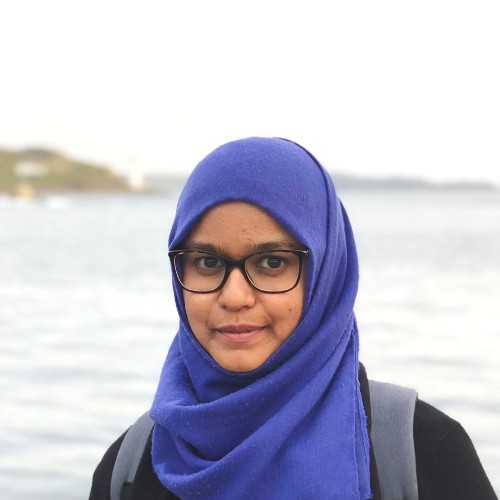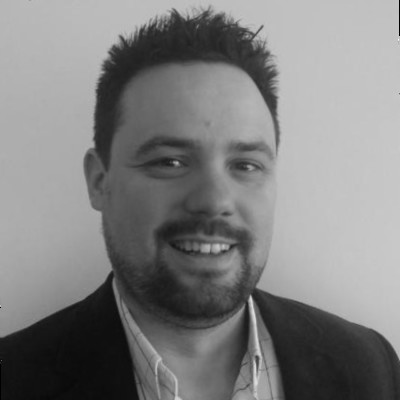
SESSION 7: Modernizing Technologies
2023 OAIA Conference Next Generation Impact and Environmental Assessment in Ontario

Event Details
a. Better Practices
⏱ 1:00 pm – 1:15 pm
Using Virtual Sound Demonstrations to Demonstrate Changes in Noise to Communities
Noise impact reports rely on numerical value changes of sound levels to describe expected noise impacts to communities and stakeholders. However, it is difficult for these values to accurately portray what these noise impacts may sound like in practice to the public.
Using auralization tools, AECOM has produced online virtual sound demonstrations (with accompanying real and animated footage) for various locations near a planned subway/railway corridor to help stakeholders listen to what the project may sound like in their community, as well as how acoustic mitigation methods may impact the sound from the trains. https://www.ontariolinesoundstudio.ca/
Moderator:
- Faiza Waheed, Health Impact Assessment Lead and an Environmental Health Scientist, Intrinsik
Presenters:
- Brian Bulnes, Acousitc Engineer, AECOM Canada Inc.
- Alex Southern, Senior Acoustic Engineer, AECOM UK Inc.
- Alan Oldfield, Acousitc Engineer, AECOM Canada Inc.
b. Climate Action
⏱ 1:15 pm – 1:30 pm
The Role of Earth Observation Data in Decision- Making around Climate Resilient Infrastructure
Green infrastructure, which encompasses wetlands, natural corridors, urban forests, and waterways, plays a crucial role in mitigating the adverse social and economic impacts of extreme climate events. However, the essential ecological services they provide are under pressure from land use change and policy fragmentation. This presentation will demonstrate the utilization of uncrewed aerial vehicles (UAVs) as an earth observation tool for managing green infrastructure. It aims to show:
- How UAVs can complement both fieldwork and satellite data.
- Data applications to monitor the health of ecosystem services.
- How the data outputs provide valuable insights for decision-makers.
Moderator:
- Faiza Waheed, Health Impact Assessment Lead and an Environmental Health Scientist, Intrinsik
Presenter:
- Grace Saunders-Hogberg, Founder, Consultant Veritas Terrae
c. A Water-Centric Model for Impact Assessment Planning
⏱ 1:30 pm – 1:40 pm
WINNER OAIA STUDENT BURSSARY
Reconsidering Environmental-Cultural Flows in Development Decision-Making in Canada through GroundedTheory
Environmental-cultural flows (water set aside for ecosystems/people) concepts have the potential to protect water more comprehensively in impact assessment. Through grounded theory (interviews/review), we answer how these concepts are and could be embedded within Canadian assessment. The concepts are now considered in dam, gas, and mining projects, with emphasis on fish habitat, not collaboration or cumulative withdrawals. We propose regional readiness through water conversations, connections, and classifications, following best examples in Canadian environmental-cultural flow-based initiatives in assessments (e.g., Saint John and Athabasca watersheds). A shared understanding of environmental-cultural flows could strengthen how we value water in assessments.
Moderator:
- Faiza Waheed, Health Impact Assessment Lead and an Environmental Health Scientist, Intrinsik
Presenters:
- Nathanael Bergbusch, PHD Candidate, University of Waterloo
Q & A With Brian, Alan Alex, Grace & Nathanael
⏱ 1:40 pm – 1:50 pm





